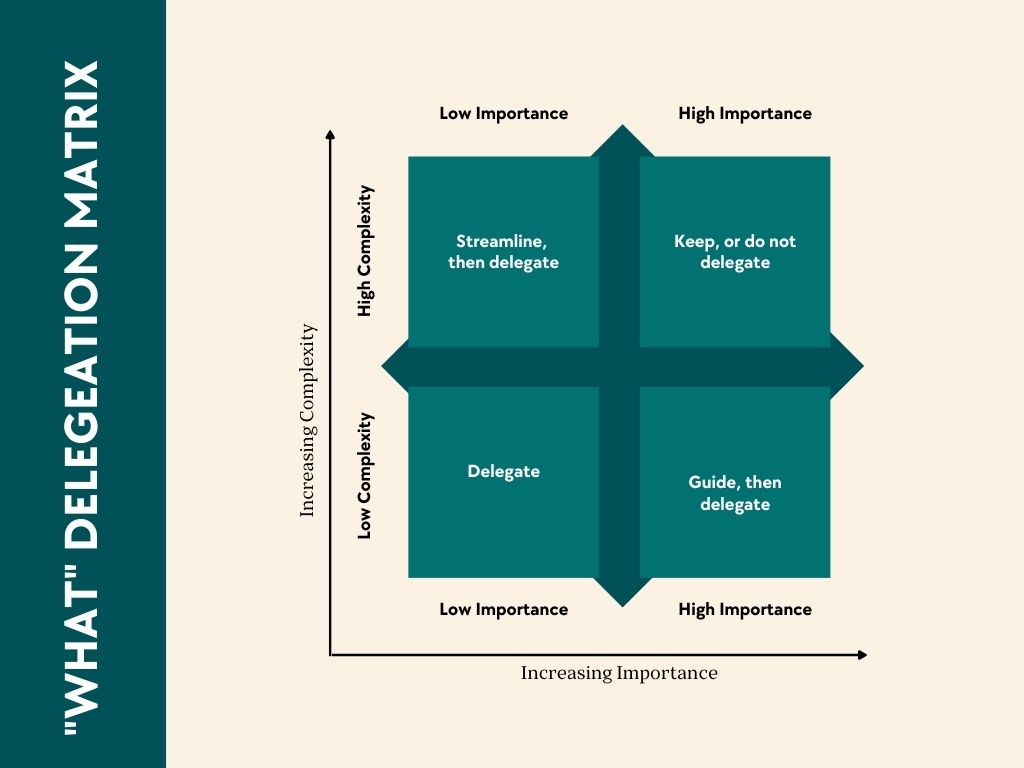The art of effective delegation is one of the most crucial yet underrated skills in the office. While many have earned their promotions by being excellent do-ers, these skills don’t automatically translate to thinking and leading – the primary skills required of managers. Entrepreneurs and startup founders, who begin their ventures by themselves or with extremely lean teams, often suffer when they are overly involved in every single task and process that occurs.
The effects of this gap in management hit all levels of an organisation, says Suprita Sinha, certified professional coach and consultant. Leaders are constantly stressed and overwhelmed from too much work, while team members who believe that their contributions aren’t up to standard feel unmotivated and demoralised.
Obstacles to effective delegation
What’s in the way, then? Suprita notes two things.
First, when team members’ strengths and weaknesses are not respectively leveraged and acknowledged. To mitigate this, managers can make a concerted effort to understand what every individual has to offer and ensure they agree on the skill-task matching. Maintaining a safe space also encourages them to speak up transparently.
Secondly, work tends to be doled out inefficiently when the lines between complexity and importance are blurred. To simplify this, frameworks such as the “What” Delegation Matrix can help managers determine what they should take on and let go of.

A 4-step framework for effective delegation
How can managers practise effective delegation? Suprita outlines four simple steps to streamline the process.
1. Clearly define the task
“Setting expectations is key to effectively delegating a task to an employee,” emphasises Suprita. Being clear helps your subordinate to understand what they need to do while leaving them to decide how to best do it. This greatly reduces micromanagement, which is frustrating and time-consuming for both parties.
For example, if a director asks you for a report on last week’s sales numbers, let your subordinate know what specific metrics to include, points to highlight in the analyses, and why they are important. This is far better than saying, “just include the usual important metrics”, which is vague and leaves room for assumptions.
2. Provide training
For new or unfamiliar tasks, equip team members with knowledge and resources. Though time-consuming at first, proper training sets them up to work autonomously and enables them to grow professionally.
If they require some handholding at the start, this could look like assigning them a peer mentor. Otherwise, access to reference such as guides, playbooks, or past case studies can encourage team members to arrive at their own solutions.
3. Define the level of authority

Briefing team members on the amount of freedom they have also helps. Are you happy to leave certain parts of a task to their own methods? What should they consult you for and when should situations be escalated? Most importantly, what do you want them to learn from the experience? Keep this question in mind to avoid throwing them into the deep end.
Say you are training a team member to think critically. You may then encourage them to map out options and weigh their costs and benefits before proposing the best way to move forward to you. This helps managers to retain the final say while empowering team members to have a voice in projects.
4. Relinquish control
At the start, they may come to you with questions or a final round of approval before submitting work upward or externally. As you become more confident in their standard of output, you might give them more control over the task. Here you will be kept informed through regular updates, but are no longer actively directing micro decisions related to the task.
Once you are sure that the subordinate is perfectly capable of working independently, you may relinquish control of the task entirely and trust them to raise questions or concerns where necessary.
Effective delegation goes a long way
The above process helps both you and your subordinate to stay aligned to the goals of a task while allowing team members to work more autonomously. Effective delegation frees up your time to strategically take up more crucial tasks, continue to improve efficiency, or think about longer-term planning for their department and organisation.






